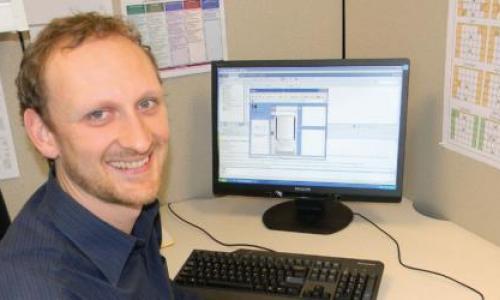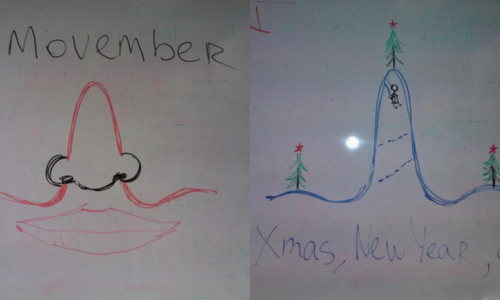
When I was accepted into the Master of Public Health program at Simon Fraser University, never would I have expected that in my first-year I would also become a teaching assistant (TA). I have close friends and relatives who have had the opportunity to TA while in university and all encouraged me to apply. Now ending my first year as a TA, I thought I would share a few helpful tips I’ve learned along the way:
1. Reach Out to Your Students
I was surprised to find that most students wouldn’t contact me with a question unless a) they had an emergency or b) they already felt comfortable contacting me. I learned that sending out one email to introduce myself wasn't enough. To help students see that I was approachable I sent out emails on a weekly or bi-weekly basis. Sending regular emails or reminding students of office hours made me more approachable which helped students feel more comfortable contacting me later in the semester.
2. Highlight the Syllabus
Many students don’t read the course syllabus. I learned this when I had problems with receiving assignments on time later in the semester. To make sure that students know what’s in the syllabus, one of my professors quizzes students on the syllabus content during the first week of class. The quiz doesn’t have to be worth much but should focus on key policies and important assignments that students need to know about.
3. Take Complaints with a Grain of Salt
If you receive negative feedback, listen but don’t beat yourself up. Learn from it and grow as a TA. Figure out if there’s an issue that affects several students or if it’s an issue that affects one student. If it’s one student, address the concern one-on-one. If the problem seems more widespread, talk to your supervisor about different approaches you can take in your teaching.
4. Work Closely with Your Supervisor
The professor you're assisting is a great resource. When I began working with my supervisor, I never expected that I would develop such a good working relationship with her. She’s given me advice on my coursework and my career. She’s someone who I trust completely and her encouragement has been invaluable. This all stemmed from mutual understanding and respect established when I taught under her supervision.
5. Know the Material
Know the material you’re teaching inside and out. You’ll come off as more knowledgeable if you can answer questions on the spot. And if you don’t know the answer to something, it’s okay to tell your students you’ll look into it and get back to them in the next class.
6. Be Enthusiastic
If you’re interested in the material (and teaching it), this will show. Tell students why the problem you’re working on is interesting or how scientists and thinkers use a concept. Connecting the material to the real world makes it much more engaging for your students.
These tips and resources should help give you a strong start to the new semester. Being a TA can be very rewarding. Remember to enjoy learning along with your students. They always teach you something new and can help you see material in a new light. This will make the semester far more enjoyable for everyone.
Beyond the Blog
-
Thinking of becoming a Teaching Assistant? Find out more information here.

















